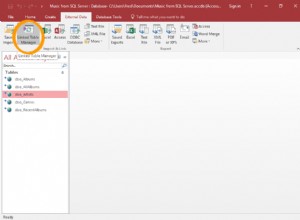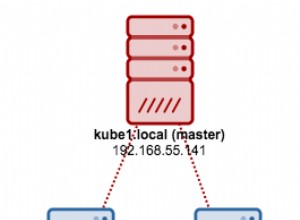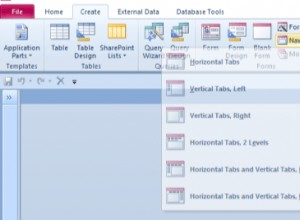CommandType contém nomes que especificam como uma string de comando é interpretada.
CommandType.Textpara um comando de texto SQL. (Padrão.)CommandType.StoredProcedurepara o nome de um procedimento armazenado.CommandType.TableDirectpara o nome de uma tabela .
Todas as linhas e colunas da tabela nomeada serão retornadas quando você chamar um dos métodos Execute.
NOTA:TableDirect é suportado apenas pelo .NET Framework Data Provider para OLE DB . O acesso a várias tabelas não é suportado quando CommandType é definido como TableDirect .
Exemplo de exemplo de como está sendo usado:
OleDbConnection myOleDbConnection =new OleDbConnection("provider=sqloledb;server=(local)\\SQLEXPRESS;database=MyDatabase;Integrated Security=SSPI");
OleDbCommand myOleDbCommand = myOleDbConnection.CreateCommand();
myOleDbCommand.CommandType = CommandType.TableDirect;
myOleDbCommand.CommandText = "Employee";
myOleDbConnection.Open();
OleDbDataReader myOleDbDataReader = myOleDbCommand.ExecuteReader();
for (int count = 1; count <= 2; count++)
{
myOleDbDataReader.Read();
Console.WriteLine("myOleDbDataReader[\" ID\"] = " +
myOleDbDataReader["ID"]);
Console.WriteLine("myOleDbDataReader[\" FirstName\"] = " +
myOleDbDataReader["FirstName"]);
Console.WriteLine("myOleDbDataReader[\" LastName\"] = " +
myOleDbDataReader["LastName"]);
}
myOleDbDataReader.Close();
myOleDbConnection.Close();
Inserir/Atualizar
try
{
using (SqlCeCommand command = conn.CreateCommand())
{
command.CommandText = "Holdings";
command.CommandType = CommandType.TableDirect;
using (SqlCeResultSet rs = command.ExecuteResultSet(ResultSetOptions.Updatable | ResultSetOptions.Scrollable))
{
SqlCeUpdatableRecord record = rs.CreateRecord();
foreach (var r in _commitBatch)
{
int index=0;
record.SetValue(index++, r.TryGetValueOrDefault("IdentifierFromImportSource",string.Empty));
record.SetValue(index++, r.TryGetValueOrDefault("SecurityID", string.Empty));
record.SetValue(index++, r.TryGetValueOrDefault("SecurityName", string.Empty));
record.SetValue(index++, r.TryGetValueOrDefault("SecurityType", string.Empty));
record.SetValue(index++, r.TryGetValueOrDefault("AllocationAmount", string.Empty));
record.SetValue(index++, r.TryGetValueOrDefault("Position", string.Empty));
record.SetValue(index++, r.TryGetValueOrDefault("AnnualFeePercent", string.Empty));
record.SetValue(index++, r.TryGetValueOrDefault("MarginAmount", string.Empty));
record.SetValue(index++, r.TryGetValueOrDefault("Price", string.Empty));
record.SetValue(index++, r.TryGetValueOrDefault("MorningstarSecId", string.Empty));
record.SetValue(index++, r.TryGetValueOrDefault("MorningstarSecType", string.Empty));
record.SetValue(index++, r.TryGetValueOrDefault("UserID", string.Empty));
record.SetValue(index++, r.TryGetValueOrDefault("MorningstarPrice", string.Empty));
record.SetValue(index++, string.Empty);
record.SetValue(index++, r.TryGetValueOrDefault("AnnualFeeFrequency", string.Empty));
record.SetValue(index++, r.TryGetValueOrDefault("TrackingMethod", "1"));
rs.Insert(record);
}
}
}
}
catch (Exception e)
{
NotifyError(this, new ImportErrorEventArgs(e.Message + e.StackTrace, ErrorLevel.Application));
}




